The investment resources for commercializing 5G are huge, while users and businesses are not ready to pay for 5G. This is a headache for network operators.
As 5G technology gradually becomes the foundation for the digital era, Vietnam is making efforts to catch up with this trend. However, the deployment of 5G is not only a story of infrastructure or technology, but also comes with many great challenges.
Sharing at the seminar "Commercializing 5G, applying to smart industry", organized by the Vietnam IT Journalists Club, Mr. Nguyen Tuan Huy, Head of MobiFone Digital Transformation Department said that Vietnam has many opportunities with 5G, but the challenges are also very big.
The first challenge is the legal framework, we do not have a complete legal basis, nor do we have standards.
“ Which brand of equipment should I import? Can it broadcast? Will it cause interference with other devices? There are many issues… ”, Mr. Huy stated his opinion.
According to Mr. Huy: “ To develop 5G, there must be 4.0, but there must be 1.0, 2.0, 3.0 first. What I mean is that the infrastructure has not kept up. How can drones be deployed when there are so many wires? How can self-driving cars run on Hanoi streets? ”.
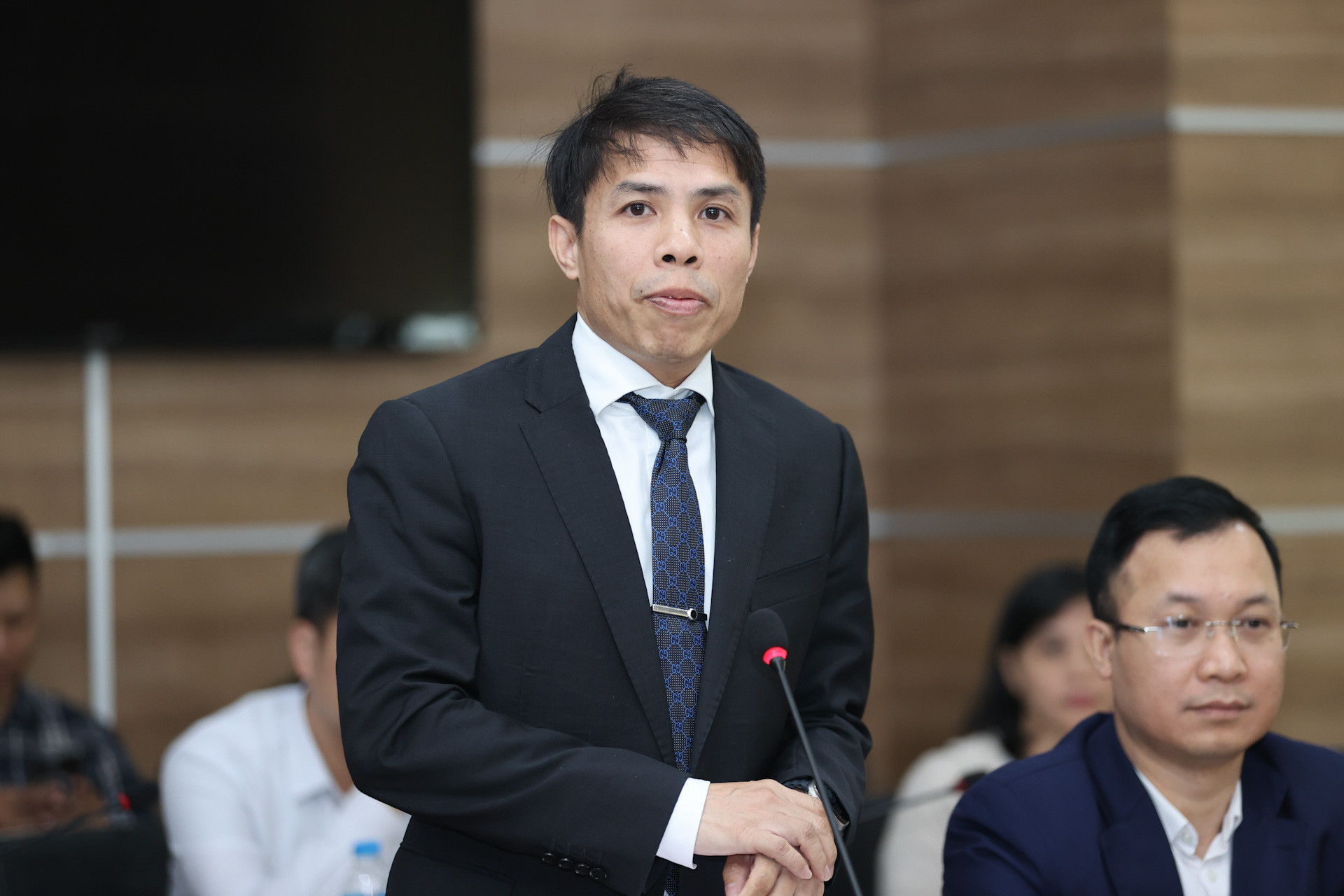
5G coverage requires a very large number of stations. This leads to investment challenges, as Vietnam needs hundreds of thousands of BTS transmission stations to cover 5G.
The investment amount for a 5G BTS station is huge, while the level of understanding and acceptance of 5G in Vietnamese society is not high. The final challenge is the issue of network security when 5G deployment will form a huge number of IoT connections.
According to Mr. Nguyen Quoc Khanh, Deputy Head of Technology Department of VNPT Group, in Europe, when piloting 5G, the results for seaports and smart factories are very clear.
5G technology helps improve performance, operational efficiency, reduce labor, solve environmental problems, and bring benefits to society.
5G technology has shown clear values and benefits, however, the success of 5G deployment depends on many factors.
“ 5G users will enjoy superior quality in terms of speed, latency, and capacity, but customers are not ready to pay. Global surveys show that the revenue that 5G brings is still modest ,” said Mr. Khanh.
VNPT representative said that the biggest challenge when deploying 5G is that customers, organizations and businesses must change their entire production and business methods, invest more, accept that digital transformation is a long journey, and network operators must understand and accompany more.
This is the decisive challenge in deploying new technologies such as 5G in the digital transformation activities of each enterprise.
Besides the difficulties, the deployment of 5G in Vietnam also has advantages. As a pioneer in commercializing 5G, Mr. Le Ba Tan, Head of Technical Department of Viettel Group, said that from Viettel's perspective, Vietnam also has many advantages for the deployment of 5G.
In particular, the Ministry of Information and Communications has officially announced preparations for the auction of the 700 MHz band. This band, granted to network operators, will help improve coverage, especially in remote areas.
By combining both low-band and high-band frequencies, 5G technology will promote network efficiency and save a lot of costs.
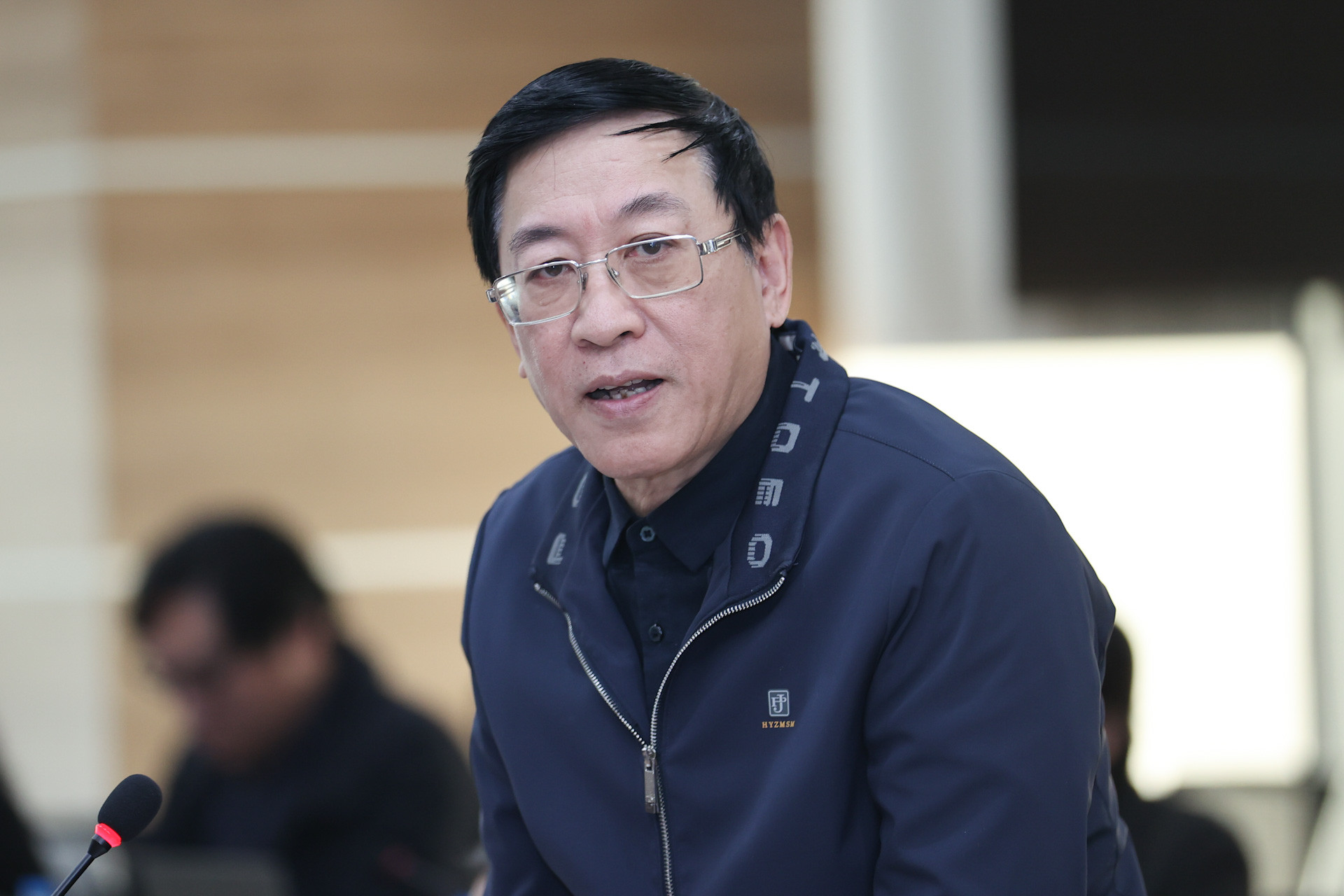
According to Mr. Le Nam Thang, former Deputy Minister of Information and Communications, when deploying new mobile network technology, it is necessary to pay attention to four factors including network, terminal equipment, application and people.
The telecommunications network has been deployed by businesses. With 5G terminals, we need to see specifically what type of 5G terminals are available in Vietnam; for whom; and how much do they cost?
“ Mobile telecommunications businesses need to carefully research to deploy a 5G network synchronized with terminal devices. This is similar to building a road. If there is a road but no cars running, it is a waste, ” the former Deputy Minister of Information and Communications shared.
For businesses, Mr. Le Nam Thang said that network operators must deploy 5G infrastructure along with developing terminals, applications and human resources. Commercialization must have appropriate steps, synchronizing factors with each other.
The way is that businesses must offer complete solutions, not just network coverage but also network equipment, application provision, solutions, and resource training.
This is different from the 3G era, when network operators built networks and people bought their own devices. This is also an opportunity to help traditional telecommunications businesses transform into technology businesses.
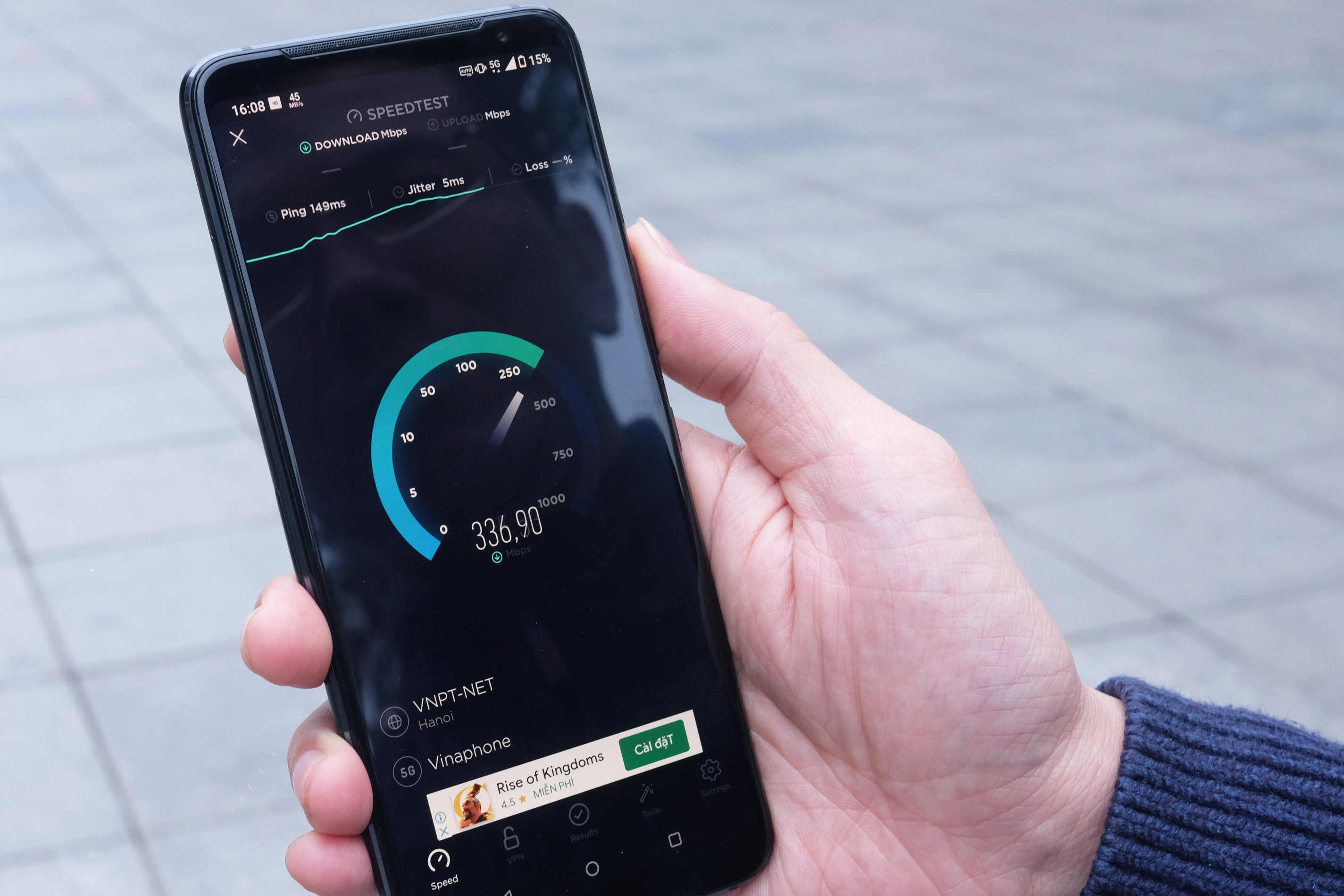
Source: https://vietnamnet.vn/thuong-mai-hoa-5g-nha-mang-doi-mat-noi-lo-com-ao-gao-tien-2356820.html









































































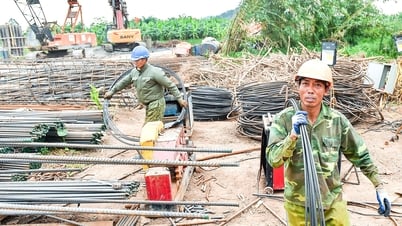














![[OCOP REVIEW] Tu Duyen Syrup - The essence of herbs from the mountains and forests of Nhu Thanh](https://vphoto.vietnam.vn/thumb/402x226/vietnam/resource/IMAGE/2025/6/5/58ca32fce4ec44039e444fbfae7e75ec)




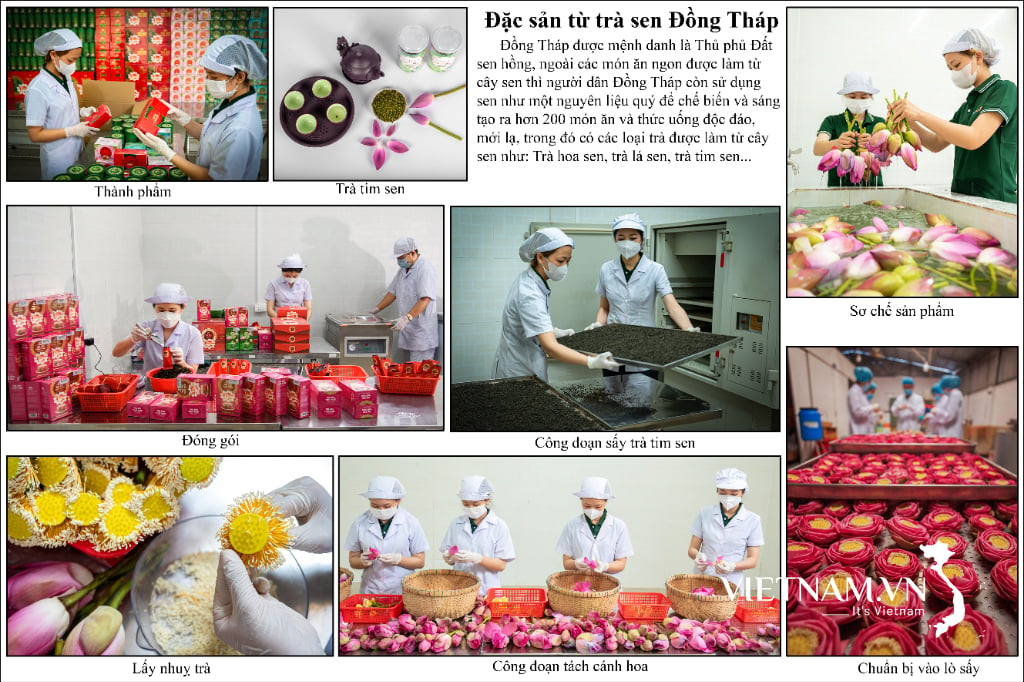
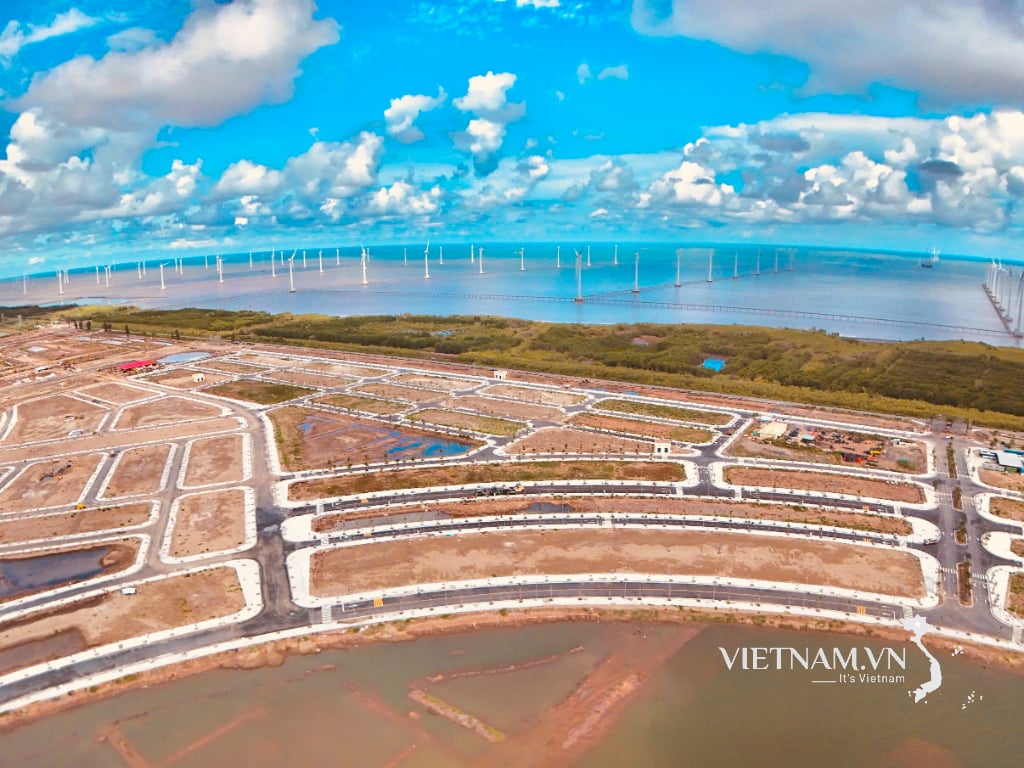

Comment (0)